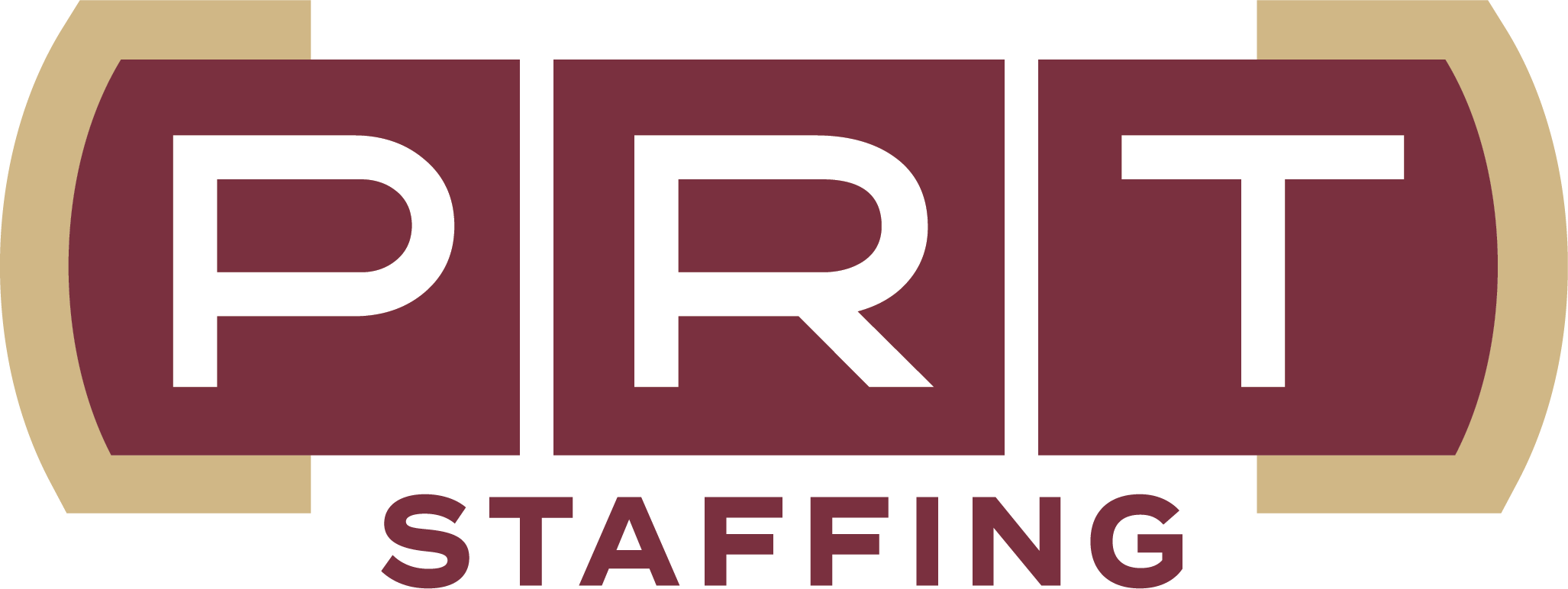Advantages of Utilizing Temporary Staffing for Business Flexibility
In today’s dynamic business environment, where change is the only constant, adaptability and flexibility are key. This is especially true for small and medium-size enterprises that need to react swiftly to market shifts, seasonal variations, and unforeseen challenges.
“Flexibility is a key factor in overcoming challenges in any aspect of life, including business. For small business owners, achieving growth means learning the most successful strategies, tools, and techniques, and flexibility is one of them,” says Capital on Tap.
A powerful tool to achieve this agility is by leveraging temporary staffing solutions.
“Companies often need additional employees beyond their permanent staff, particularly when there’s an increase in the workload. Also, busy times of the year, especially when there is specific work with a unique or technical purpose, tend to require extra specialized staff,” writes William Powell in Recruiting Daily. “In these times, temporary staffing solutions are an effective way to gain access to well-suited employees without committing to long-term contracts.”
What is Business Flexibility?
Business flexibility refers to a company's ability to adjust its operations, resources, and strategies in response to changing circumstances.
This can include scaling up or down production, expanding into new markets, or adapting to new technologies.
In the context of staffing, flexibility means having the ability to adjust your workforce based on your current needs without the long-term commitment of hiring permanent employees.
Why Business Flexibility is Important
In today's post-pandemic economy, businesses face numerous challenges, including economic uncertainty, rapid technological advancements, and fierce competition.
Flexibility allows companies to navigate these challenges more effectively by enabling them to:
- Respond quickly to market demands: By having a flexible workforce, businesses can quickly adjust their production or services to meet changing customer needs or market trends.
- Manage costs more efficiently: Temporary staffing allows companies to avoid the costs associated with hiring and maintaining a large permanent workforce, such as benefits, training, and severance packages.
- Adapt to seasonal or cyclical fluctuations: Many businesses experience peaks and valleys in demand throughout the year. Temporary staffing enables companies to scale their workforce up or down based on these fluctuations, ensuring optimal staffing levels at all times.
- Take on new projects or clients without overextending resources: With a flexible workforce, businesses can accept new projects or clients without worrying about overburdening their permanent staff or incurring the costs of hiring additional full-time employees.
- Test new products or services without significant long-term investments: Temporary staffing allows companies to pilot new initiatives or explore new markets without committing to significant long-term investments in personnel.
The pandemic itself demonstrated the importance of business flexibility.
“This world-changing event completely disrupted business on a global scale. Small businesses, lacking the same financial buffer that their larger, often corporate counterparts had, were hit the hardest. Nevertheless, those small businesses that demonstrated the most flexibility were able to face the challenging circumstances head-on,” wrote Holly Woodward for Capital on Tap.
Using Temporary Staffing as a Tactical Advantage
While flexibility is important for businesses of all sizes, it can be especially critical for small to medium-sized enterprises (SMEs).
Unlike large corporations, SMEs often have limited resources and may not be able to afford the overhead costs associated with maintaining a large permanent workforce.
By utilizing temporary staffing solutions, SMEs can:
- Access skilled workers without the long-term financial commitment: Temporary staffing allows SMEs to bring in the expertise they need for specific projects or periods without the financial burden of full-time salaries and benefits.
- Avoid the costs associated with hiring, training, and benefits for permanent employees: The process of hiring and training new permanent employees can be costly and time-consuming. By using temporary staff, SMEs can reduce these expenses and focus their resources on core business functions.
- Scale their workforce up or down based on project needs or seasonal demands: SMEs often must navigate fluctuations in demand and workload. Temporary staffing provides the flexibility to adjust the workforce in response to these changes.
- Focus on their core competencies while outsourcing non-essential functions: By using temporary staff for non-core functions, SMEs can dedicate their permanent workforce to essential tasks and projects that drive business growth.
How Temporary Staffing Helps Your Business Achieve Flexibility
Temporary staffing solutions offer several advantages that can enhance your business agility:
- Access a pool of skilled workers on-demand: A vast network of qualified professionals ensures you have access to the skills and expertise you need, precisely when you need them.
- Scale your workforce up or down based on your needs: Whether you need to ramp up production for a new project or scale down during a slow period, temporary staffing provides the workforce with the ability to meet your evolving needs.
- Reduce costs and risks associated with hiring permanent employees: Temporary staffing helps reduce the costs and risks associated with hiring, training, and maintaining a permanent workforce.
- Focus on core business functions: You can focus on your core business functions while temporary staffing agencies handle your staffing needs.
- Benefit from expertise in matching workers to specific requirements: Leverage the expertise of staffing agencies to identify and place temporary workers with the skills and experience that perfectly match your specific requirements.
5 Reasons Your Business Might Need Temporary Staffing
Even the most well-oiled businesses can encounter situations where temporary staffing solutions become the perfect answer.
Here are five key scenarios where temporary staffing can provide a significant advantage:
- Project-Based Work: Many businesses undertake special projects with specific deadlines. Temporary staff can provide the surge in manpower needed to complete these projects on time and within budget.
- Short-Term Staff Shortages: Unexpected employee absences due to illness, vacation, or parental leave can disrupt your workflow. Temporary staff can seamlessly fill these gaps, ensuring your operations continue smoothly.
- Seasonal Fluctuations: Does your business experience predictable peaks and valleys in demand throughout the year? Temporary staffing allows you to scale your workforce up during busy seasons and down during slower periods, optimizing your labor costs.
- Trying Out New Skills or Roles: Considering adding a new department or service but unsure of the long-term need? Temporary staff allows you to "test-drive" new skill sets and roles before committing to a permanent hire.
- Special Expertise: Certain projects may require specialized skills that your existing team may not possess. Temporary staffing agencies can connect you with qualified professionals who have the specific expertise you need for the job.
Business flexibility is essential for success in today's turbulent economy, especially for small to medium-sized businesses.
By utilizing temporary staffing solutions, companies can achieve the flexibility they need to adapt to changing circumstances, manage costs effectively, and focus on their core competencies.
At PRT Staffing, we are committed to providing our clients with the skilled workers they need to achieve their business goals. Contact us today in Arizona, Florida, Georgia, and New Mexico to learn more about how we can help your business achieve greater flexibility and success.





